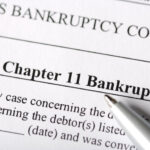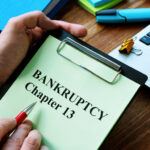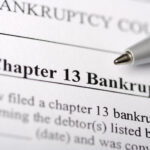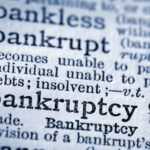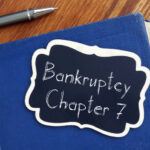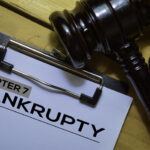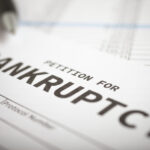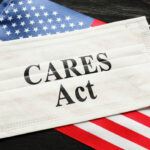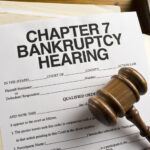Category Archives: Bankruptcy
Using Cramdowns to Advantage in Subchapter V Bankruptcy
Subchapter V is a simplified form of Chapter 11 bankruptcy that was created to make the reorganization process more accessible to small businesses. One advantage of Subchapter V is the reduction of a company’s debts through use of a procedure known as a cramdown. Subchapter V bankruptcy has become especially important during the COVID-19 pandemic. […]
Chapter 11 Relief Is Well-Suited to Times of Economic Crisis
The COVID-19 pandemic has been financially devastating to individuals and businesses alike. The purpose of Chapter 11 bankruptcy is to give companies in financial crisis the ability to continue operating while restructuring their debt payments over time. In short, it gives a business the pause it needs to catch its breath and start working to […]
Using Lien Stripping to Reduce Secured Debt in Chapter 13
In a Chapter 13 bankruptcy, unsecured debts are discharged after successful completion of a partial repayment plan. However, secured debts — those based on mortgages and other liens — remain in force. Fortunately, there is procedure called lien stripping that allows you to convert some mortgage debts to unsecured ones and thus to discharge them. […]
Grounds for a Trustee Objecting to a Chapter 13
When a debtor files a Chapter 13 petition seeking reorganization of debt, the bankruptcy court appoints an impartial trustee to oversee the case. Part of the trustee’s job is to evaluate and approve the proposed plan for partial repayment of debts over a three- to five-year period. In some cases, a trustee will object to […]
Changes in Consumer Bankruptcy Since COVID-19 Struck
The coronavirus pandemic has severely impacted the U.S. economy, leading many Americans to grapple with job losses, furloughs and other financial setbacks. While there has not yet been a surge in consumer bankruptcy filings in 2020 — most likely because they have been offset by stimulus payments and other government assistance programs — changes to […]
What Tax Liabilities Can Be Discharged in Chapter 7?
The Bankruptcy Code strictly limits the ability of debtors to discharge tax liabilities in Chapter 7 bankruptcy. Taxes are considered priority debts, which means they are among the first to be satisfied from any funds derived from liquidation of the debtor’s assets. However, there are exceptions to the general rule. Certain income tax debts can […]
How Does California’s Homestead Exemption Work in Chapter 7?
California debtors who own their primary residence and are considering filing for Chapter 7 bankruptcy protection can take advantage of California’s homestead exemption to shield at least part of the equity in their home from creditors. However, the exemption has limitations and restrictions. Any debtor considering filing for Chapter 7 should consult an experienced bankruptcy […]
Using the Business-Debt Exception to the Bankruptcy Means Test
Debtors who are considering filing for bankruptcy protection under Chapter 7 must meet the means test, which is designed to make this remedy unavailable to people with sufficient incomes to pay off all or a portion of their debts. If the debtor’s income for the prior six months is higher than the median income in […]
How the CARES Act Expands the Reach of Small Business Bankruptcy Protection
In February 2020 the Small Business Reorganization Act went into effect, creating a low-cost, streamlined procedure, known as Subchapter V, for small businesses seeking bankruptcy protection from creditors. No sooner had the law gone into effect than the COVID-19 virus hit the U.S., with a resulting economic recession that put thousands of businesses across the […]
What is the Right of Redemption in Chapter 7 Bankruptcy?
Chapter 7 bankruptcy is called liquidation because some of the debtor’s property is converted to cash to pay back creditors. However, property that is subject to secured loans is treated differently. The asset can be repossessed by the lender when the debt is discharged. But Chapter 7 filers may have secured personal property that they […]


